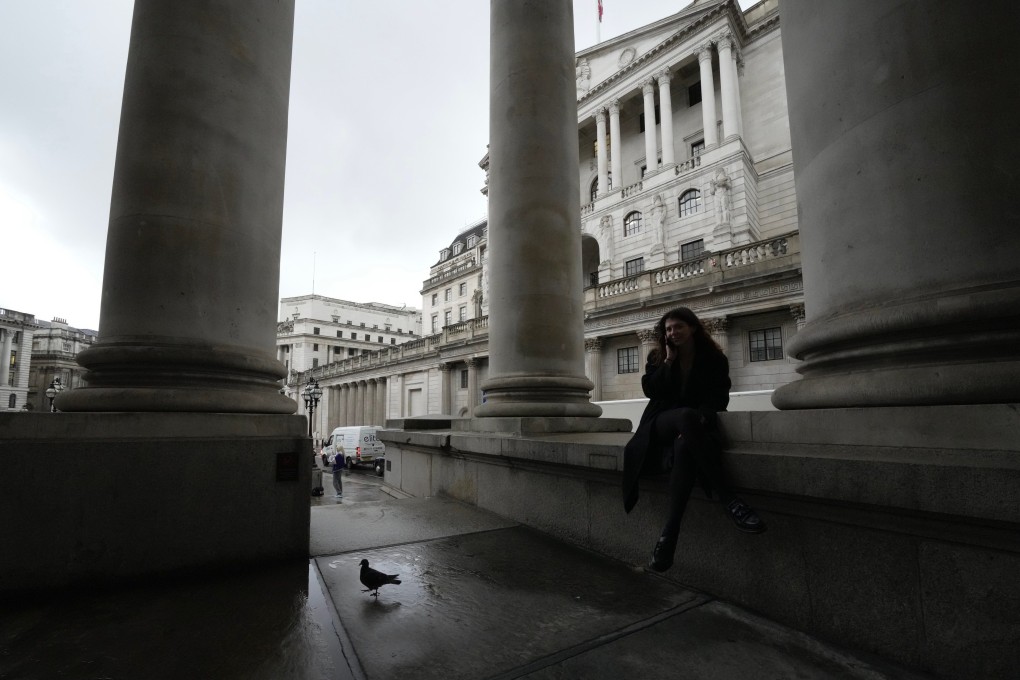Advertisement
Macroscope | With no long-term economic strategy, UK policymakers are jumping from one crisis to the next
- The central bank and government waited too long to address low interest rates and excessive borrowing, as well as growth-slowing factors like Brexit and the pandemic
- The urgent need to bring down inflation and cut spending could send the UK into a prolonged recession
Reading Time:3 minutes
Why you can trust SCMP
6

It is often claimed that UK policymakers have taken leave of their senses and Britain’s present state seems no exception. The UK is in dire straits and the British government and the Bank of England (BOE) seem to be digging a deeper hole for the economy with a brutal simultaneous tightening of monetary and fiscal policy.
Policymakers can raise interest rates to combat inflation, or squeeze budget policy to repair badly battered government finances, but not at the same time without unleashing the forces of recession.
So it was no surprise to hear BOE chief Andrew Bailey warn last week that the UK could be heading into its longest recession for 100 years after raising interest rates by 75 basis points, to 3 per cent, with more rises set to follow.
Advertisement
The central bank is using a cudgel rather than a stick to combat UK inflation, currently running at 10.1 per cent, an unnecessary shock therapy while the economy is so fragile. Budget cuts, due to be announced later this month, are likely to double the punishment. Britain is in deep trouble.
Policymakers have been asleep at the wheel. The BOE has been culpable of leaving UK interest rates far too long at near-zero levels while the government is overextended on borrowing, with the budget deficit and public-sector debt running out of control.
Advertisement
Tightening at this point in the business cycle as the economy grapples with a deepening energy crisis is like slamming the stable door after the horse has bolted. The government and BOE’s actions smack of panic and it has not gone down well with the markets.
Advertisement
Select Voice
Select Speed
1.00x
